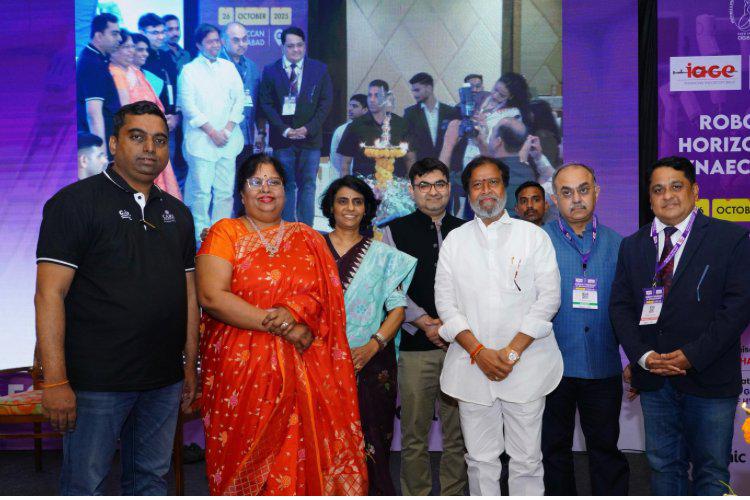Robotic-assisted surgery is revolutionizing women’s healthcare in India, offering enhanced precision, faster recovery, and reduced complications. At the ‘Robotic Horizons in Gynaecology’ conference in Hyderabad, experts highlighted how this technology is transforming gynecological procedures and empowering clinicians to deliver safer, minimally invasive care. ---
India Embraces Robotic Surgery for Women’s Health
A groundbreaking shift is underway in India’s healthcare landscape as robotic-assisted surgery gains momentum in gynecology. At the recent ‘Robotic Horizons in Gynaecology’ conference held in Hyderabad, leading clinicians and policymakers gathered to discuss the transformative impact of robotic surgery on women’s health.
Organized by the Telangana Chapter of the Indian Association of Gynaecological Endoscopists (IAGE) and the Obstetrics & Gynaecological Society of Hyderabad, the event featured prominent voices including Dr. Manjula Anagani, Dr. S Shantha Kumari, and Dr. Sujal Munshi. The conference underscored how robotic systems are enabling surgeons to perform complex procedures—such as hysterectomies and endometriosis surgeries—with greater accuracy and minimal trauma.
Robotic surgery offers several advantages over traditional methods: smaller incisions, reduced blood loss, shorter hospital stays, and quicker recovery times. These benefits are especially critical in gynecology, where precision and post-operative comfort are paramount.
However, experts also acknowledged challenges such as high costs and limited insurance coverage, which may hinder widespread adoption. Despite these hurdles, hospitals like CARE and Fortis are leading the charge, integrating robotic platforms into their surgical programs and training clinicians to harness this technology.
Key Highlights and Major Takeaways
• Clinical Precision: Robotic systems offer enhanced control and accuracy, reducing surgical complications.
• Minimally Invasive: Procedures involve smaller incisions, leading to faster recovery and less post-op pain.
• Empowering Surgeons: Technology allows for greater dexterity and visualization, especially in complex gynecological cases.
• Institutional Leadership: Hospitals like CARE and Fortis are pioneering robotic gynecology programs across India.
• Policy Engagement: The conference featured government officials and medical leaders, signaling institutional support.
• Access Challenges: Experts flagged cost and insurance limitations as barriers to broader implementation.
As robotic surgery continues to evolve, its integration into women’s healthcare marks a promising step toward safer, more efficient treatment. With growing institutional support and technological advancements, India is poised to lead in this new era of surgical innovation.
Sources: Medicircle Fortis
